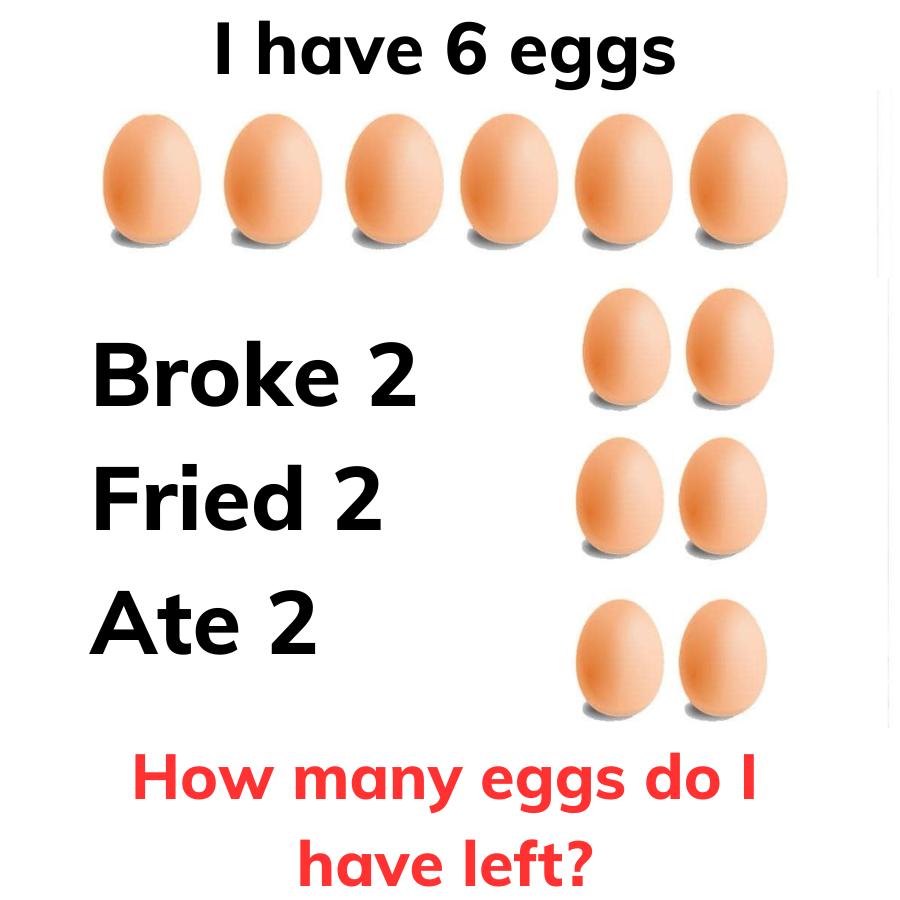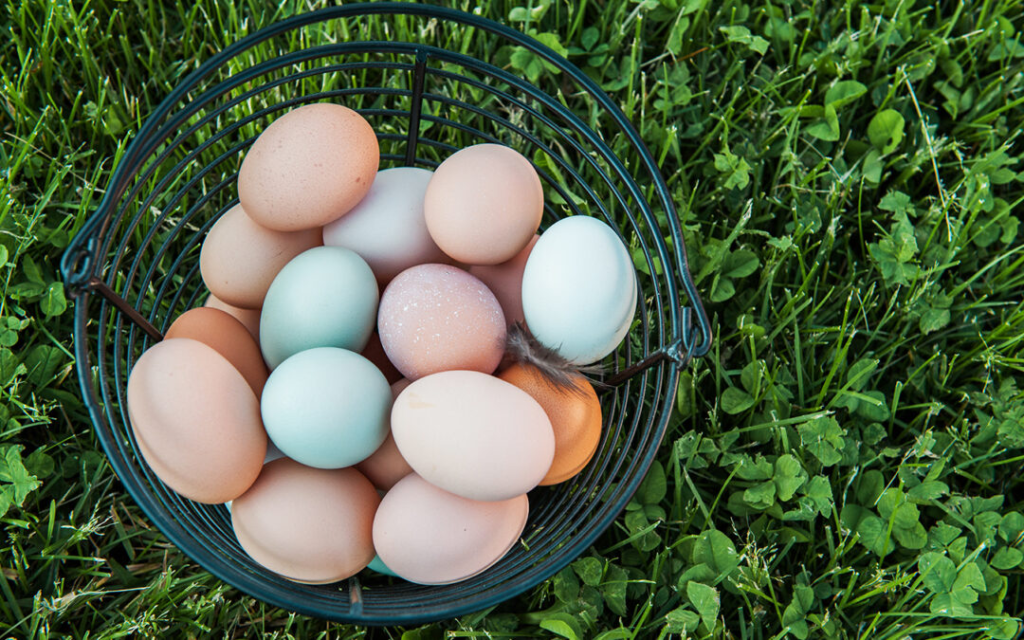Riddles, puzzles, and brainteasers have always intrigued people. They challenge your critical thinking and often make you question what seems obvious. One particular question has been making the rounds and stumping people left and right: “You have six eggs. You break two, you fry two, and you eat two. How many eggs are left?” It seems simple, but the answer surprises most people. Let’s break it down and understand why so many get it wrong.
The Quiz That Stumps Everyone

At first glance, the riddle appears straightforward. You might think, “If I use three actions on six eggs, surely I’m left with fewer eggs.” But here’s where the genius lies—it’s all about understanding the sequence and logic behind the question.
So, what’s the answer? Four eggs are left. Yes, four. Here’s why.
Breaking Down the Riddle
To solve this riddle, you need to carefully analyze what the actions mean:
1. “You have six eggs.”
This sets the total number of eggs you start with—six. So far, no eggs have been used or removed.
2. “You break two.”
Breaking two eggs doesn’t mean you’ve discarded or used them entirely. You simply cracked their shells, preparing them for cooking. At this point, all six eggs still exist—they’re just in different forms. Two are cracked, and four remain intact.
3. “You fry two.”
Here’s where people often get tripped up. Frying two eggs doesn’t involve using additional eggs—it’s the same two eggs you cracked earlier. So far, no new eggs have been affected. You still have six eggs total: two fried and four intact.
4. “You eat two.”
Eating two eggs simply means consuming the ones you fried earlier. The two eggs you broke, fried, and ate are the same. This leaves the remaining four eggs untouched.
The Final Answer

By the end of the process, you’ve consumed only two eggs out of the six. The other four remain intact. That’s why the correct answer is: four eggs are left.
Why Riddles Are Good for Your Brain
Engaging in riddles and puzzles like these offers more than just entertainment. They provide numerous cognitive benefits:
- Improved Problem-Solving Skills: Riddles teach you to break down complex problems into manageable parts.
- Enhanced Focus and Attention to Detail: Solving puzzles requires concentration and careful observation, skills that are valuable in everyday life.
- Boosted Creativity: Many riddles push you to think in unconventional ways, sparking creativity and innovation.
- Stress Relief: Surprisingly, solving puzzles can be a relaxing activity, offering a distraction from daily stressors.
Conclusion: Think Twice Before You Answer

The egg riddle is a simple yet powerful reminder to think critically before jumping to conclusions. It highlights the importance of slowing down, analyzing details, and questioning assumptions. While many may find themselves stumped initially, the satisfaction of cracking the puzzle is well worth the effort.
So, the next time you’re faced with a tricky question or brainteaser, remember to approach it with patience and logic. Who knows? You might just surprise yourself with how sharp your thinking can be!